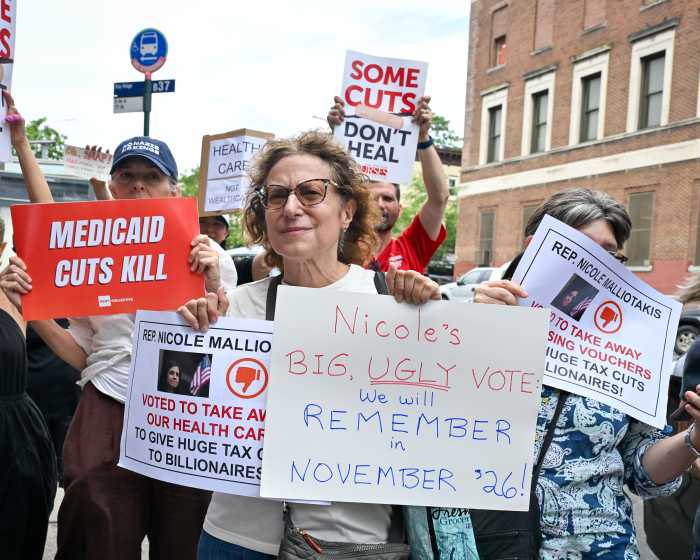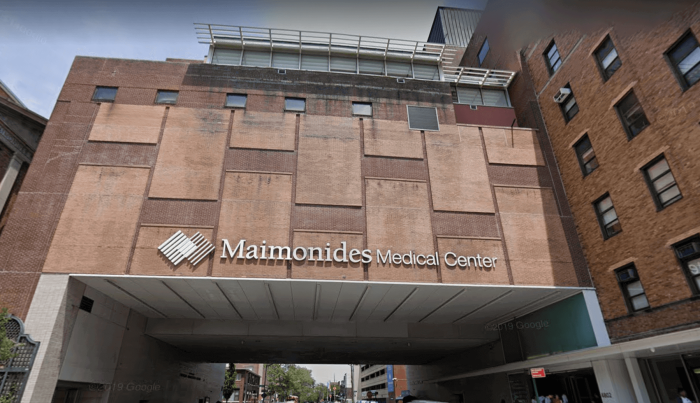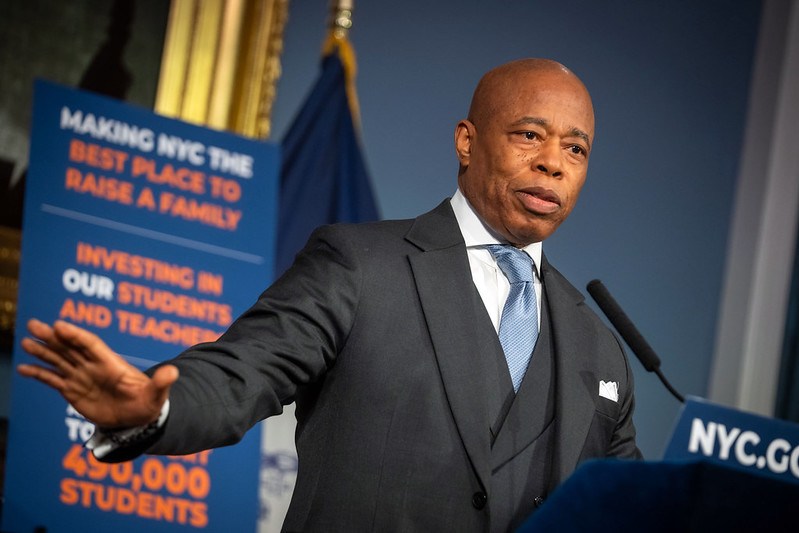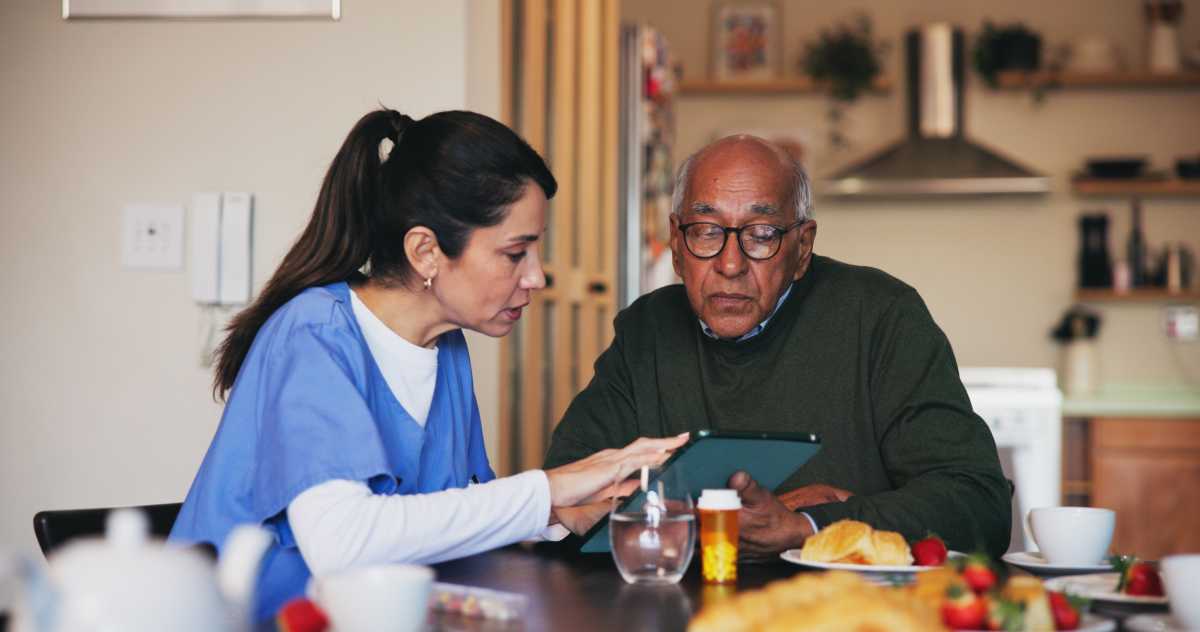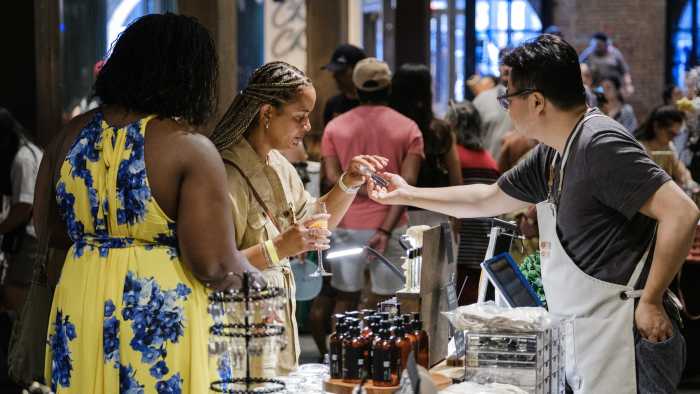Maimonides Medical Center’s annual “Pink Runway” fashion show to support breast cancer research, treatment, and awareness is returning to in-person festivities this month, and on a new stage.
The show previously took place at the Marquee nightclub in Midtown Manhattan, and last year was held virtually, but in 2021 it will be held at the home of the Brooklyn Cyclones, recently renamed Maimonides Park after the hospital bought the naming rights.
The show will take place on Wednesday, Oct. 13 at 6:30 pm, and the runway is being built between first and third base.
“This year we’re going to spread it out a little, spread it out a lot actually,” said Michael Brincat, director of special events and corporate partnerships at Maimonides, and the organizer of Pink Runway for the past seven years. “We’re going to make it safe, and at the same time still have a good time.”
The show features survivors of breast cancer walking a runway in designer gowns and apparel, an opportunity to feel beautiful again after traumatic cancer treatment that often causes them to lose their hair and see their bodies deteriorate, Brincat said.
Brincat’s mother died from breast cancer in 2003, and he said he does the Pink Runway each year in her memory.
“If you look good, you feel good,” Brincat said, noting his mother always had her makeup and wig on. “I make sure these women feel the way I would want my mother to feel on a pink runway.”
Pink Runway’s return comes after a tough year-and-a-half at Maimonides, which was one of the hardest-hit hospitals in the city at the beginning of the coronavirus’ rampage through New York. The hospital’s Breast Center had to mostly shut down in March 2020 along with the rest of the city, when hospitals were ordered to cancel all elective surgeries.
Dr. Donna-Marie Manasseh, the director of breast surgery at Maimonides, said that despite the importance of breast health, and the dire consequences of failing to act quickly, breast cancer surgery was not considered “emergency surgery” and had to shut down, causing massive disruption to the Center’s work.
The Center was closed for routine screenings as well; it remained open only for biopsies, performed if a patient felt a lump or other irregularity, or there was other substantial cause for alarm. Since surgeries weren’t allowed, treatment regimens shifted from “surgery first” to “medication and drug therapy first,” a shift Manasseh described as “a little uncomfortable.”
Surgeries resumed in May 2020, and the Center gradually saw a return to normal. But even as the facility resumes its important work, massive damage has resulted from the pandemic in the fight against breast cancer.
Throngs of women missed their screenings, or had theirs’ delayed, because of the pandemic. And even as the hospital addresses the backlog of screenings as the city inches towards recovery (100 percent of Breast Center staff are vaccinated, Manasseh says), by the day people continue to come out of the woodwork and arrive at the hospital for work that should’ve been done months, if not years ago.
“A year and a half away from when we shut down the Center, people are coming in and saying they felt a mass and still delayed their care six or seven months because of COVID,” said Manasseh, who originally intended to go into cardiac surgery but switched paths after her mother-in-law died of breast cancer.
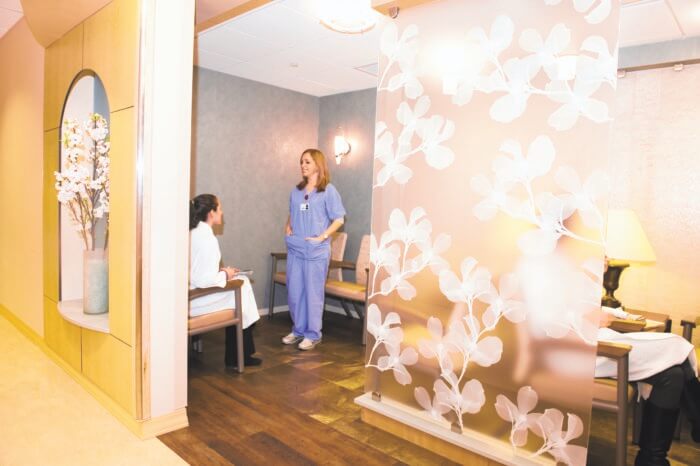
The National Cancer Institute estimates the US will see about 10,000 additional breast and colorectal cancer deaths over the next decade as a result of screenings delays wrought by the pandemic. The ubiquity of the pandemic and its consequences in everyday life has caused many people to silo concerns about their health in other areas like breast health, Manasseh said.
“Everything has been focused on COVID, understandably and appropriately,” she said. “Out of sight, out of mind, unless of course you have, God forbid, a symptom. And being so preoccupied with COVID, and once the world opened up being so preoccupied with what happens with that and other things, you don’t realize that a year-and-a-half has gone by and you haven’t done whatever you were supposed to do, surveillance-wise.”
Manasseh says that she hopes Breast Cancer Awareness Month, ongoing until the end of October, can break through to people that even amid a deadly global pandemic, cancer is still rearing its ugly head and must be monitored.
“Cancer doesn’t care that COVID’s here, it doesn’t care about whatever’s going on in your life,” Manasseh said. “It doesn’t care that you have a birthday coming, or that your daughter’s getting married, it doesn’t care. Neither does it care that there’s a pandemic.”
“It’s important to remember,” she remarked, “we can’t do anything unless you show up.”



